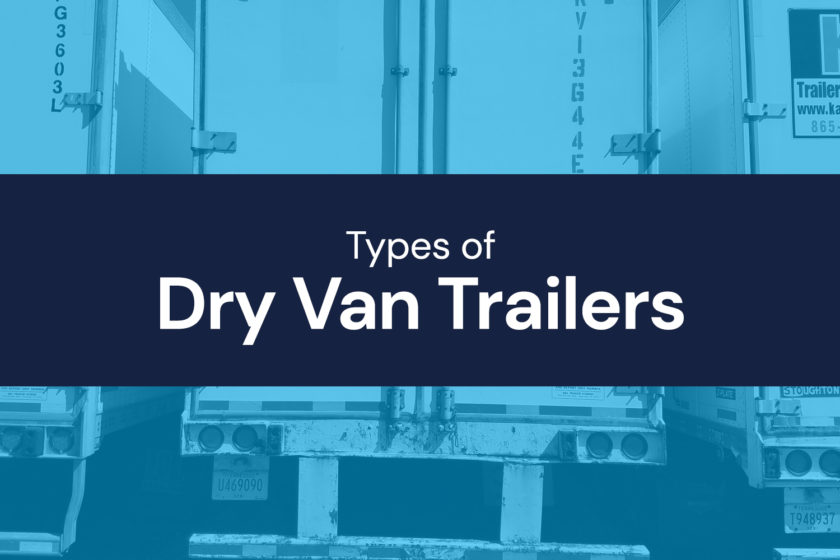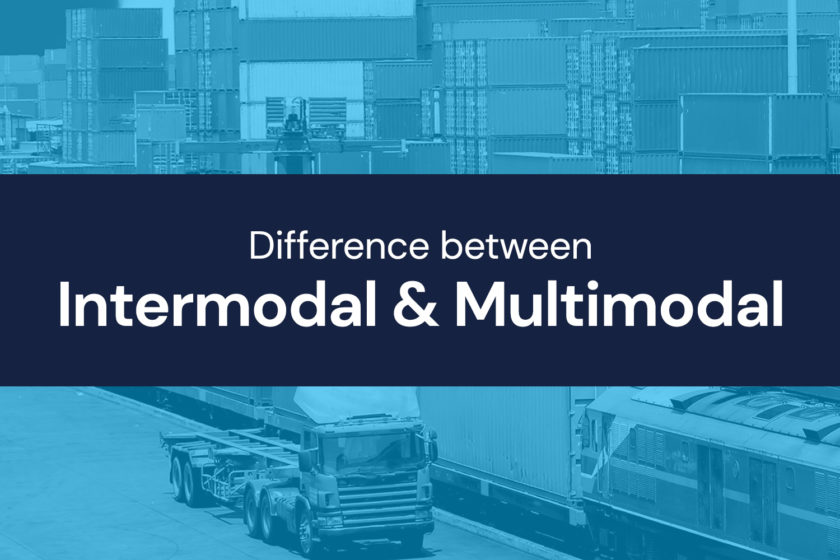The words “freight broker” and “freight forwarder” are frequently used interchangeably when discussing the transportation of products.
There are however distinct distinctions between them that go beyond semantics.
The freight brokers link shippers and carriers and manage the transportation of freight. They don’t have control or control of freight.
They typically deal with shipments using destinations and origin points. While freight brokers can manage international loads, these moves are typically in one specific region.
Freight forwarders organize the transportation of their clients’ freight but then take the process an additional step.
Along with moving items, freight forwarders also keep their clients’ goods in storage. They can manage international shipments that travel between countries or even across several countries.
Freight forwarders facilitate the flow of goods from one country to another and forward cargo according to the legal requirements of each country.
Freight forwarders usually deliver freight using their bill of lading. They also offer assembly and consolidation services.
They can book space for cargo for their customers usually directly with the air or ocean provider and negotiate prices for transportation.
Freight forwarding is usually more specific work that requires specific legal terms and requirements.





